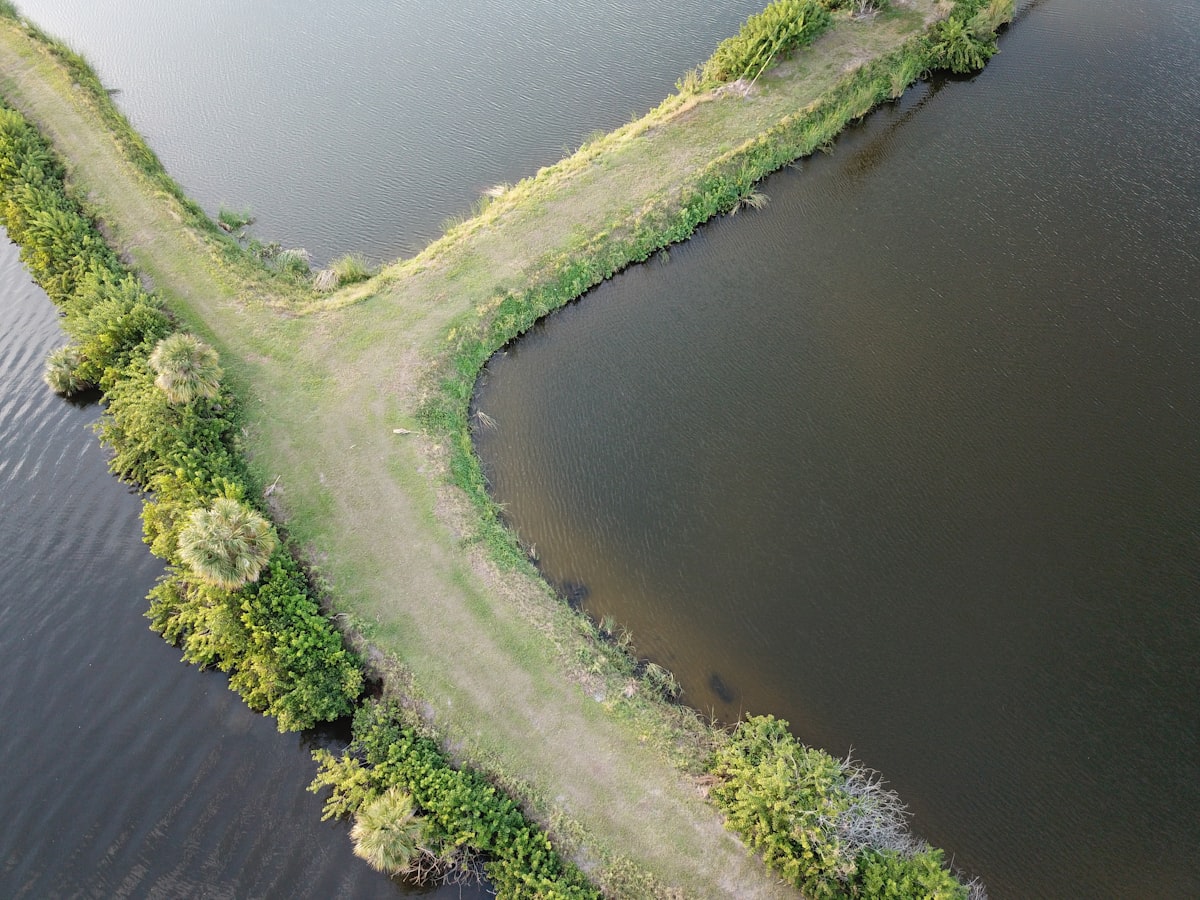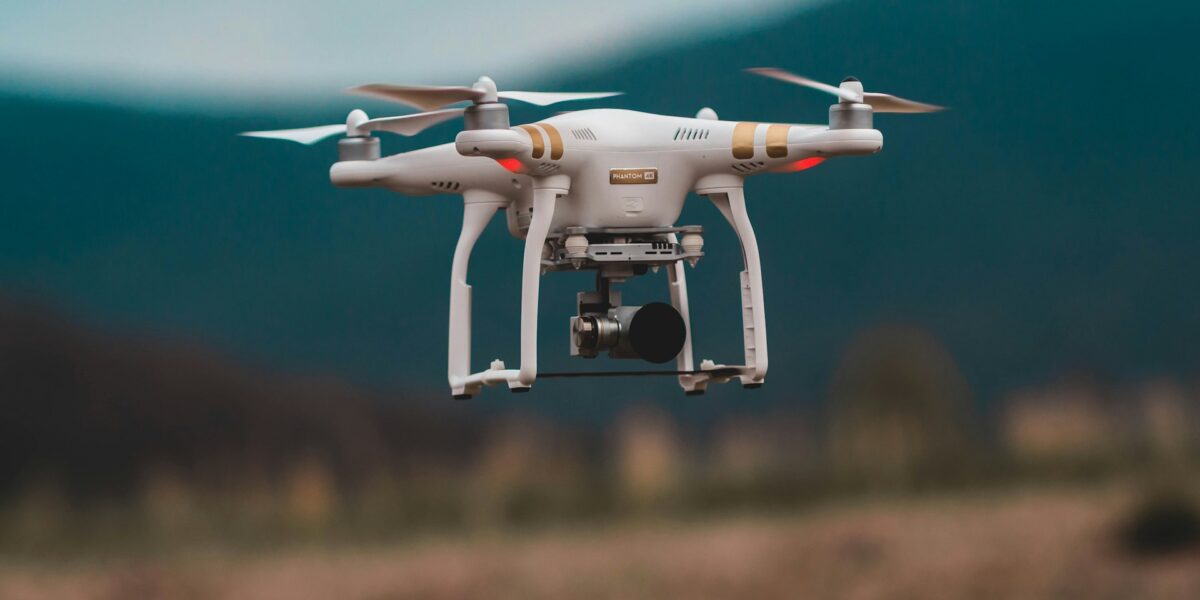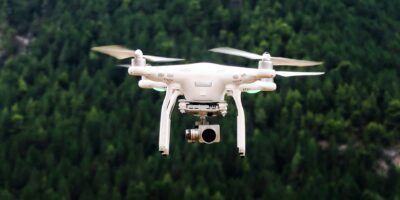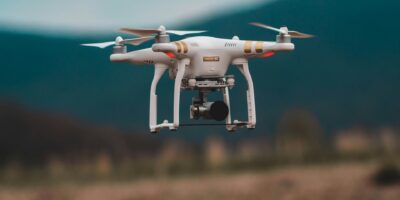Drones as a Service
Drones are no longer novelties. They have evolved into essential tools for various industries. This shift has given rise to Drones as a Service (DaaS), a model where companies offer drone-based services to clients. This model eliminates the need for businesses to invest in their drone fleets.

Industry Applications
Several industries benefit immensely from DaaS. Agriculture, real estate, and construction are prime examples. In agriculture, drones monitor crop health. They provide accurate data on soil conditions and predict yields. This information helps farmers make better decisions.
Real estate agents use drones to capture aerial imagery of properties. High-quality photos and videos give potential buyers a comprehensive view. This can speed up the sales process. Construction companies use drones for site surveys. This is quicker and safer than traditional methods.
Additionally, drones are used in search and rescue operations. They cover large areas in a short time and access difficult terrains. In this context, drones can be life-saving tools.
Technological Advancements
Drones have become more sophisticated. They now come equipped with high-resolution cameras, GPS, and sensors. These advancements make them more versatile. For example, thermal imaging cameras can detect heat patterns. This is useful in various applications, such as identifying electrical issues.
Artificial Intelligence (AI) has enhanced drone capabilities. AI algorithms analyze the data collected by drones. This provides actionable insights. Machine learning models improve the accuracy of these insights over time.
Regulatory Landscape
Regulations play a crucial role in DaaS. Different countries have different rules regarding drone operations. In the United States, the Federal Aviation Administration (FAA) oversees drone usage. DaaS providers must comply with these regulations. This includes licensing and operational restrictions.
Some countries have more lenient regulations. Others are stricter. Understanding these regulations is vital for DaaS companies. Non-compliance can result in hefty fines or legal actions.
Benefits of DaaS
Cost-effectiveness is a significant advantage. Clients do not need to purchase and maintain expensive equipment. They pay for the services as needed. This reduces capital expenditure.
Another benefit is expertise. DaaS providers have specialized knowledge. They understand the intricacies of drone operations. This expertise ensures high-quality service delivery.
Scalability is another important factor. Clients can scale services up or down based on their needs. This flexibility is particularly useful for seasonal industries, like agriculture.
Challenges
Despite its benefits, DaaS faces several challenges. One major issue is privacy. Drones can capture detailed images and videos. This raises concerns about unauthorized surveillance. DaaS providers must address these privacy concerns.
Another challenge is technical malfunctions. Drones are machines. They can fail or get damaged. Ensuring reliable operations is crucial. Regular maintenance and updates are necessary.
Regulation compliance is also challenging. Keeping up with changing laws requires diligence. This can be time-consuming and costly.
Future Outlook
The future of DaaS looks promising. Technological advancements will continue to enhance drone capabilities. This will open up new applications. For instance, delivery services could become more prevalent. Companies like Amazon and UPS are already exploring this possibility.
Increased adoption in new industries is likely. Healthcare is a potential area. Drones could transport medical supplies to remote locations. This could be vital during emergencies.
Investment in DaaS companies is increasing. This will fuel further innovation. Venture capitalists see the potential for growth. They are willing to fund new startups in the sector.
Key Players
Several companies dominate the DaaS market. DJI, a Chinese company, is a leader in drone technology. They offer a range of services from surveying to delivery. Another significant player is Parrot, a French company. They focus on agricultural and environmental applications.
In the United States, companies like PrecisionHawk are making strides. They specialize in aerial data and analytics. Their services are sought after in various industries including insurance and energy.
- DJI
- Parrot
- PrecisionHawk
- Amazon
- UPS
Investment and Funding
Investment in DaaS is growing. Venture capitalists see the potential for high returns. They are funding innovative startups. This influx of capital is driving rapid advancements.
Government grants and subsidies are also available. Many governments recognize the benefits of drones. They are willing to fund research and development.
Corporate partnerships are another source of funding. Technology companies often collaborate with DaaS providers. This helps in developing new applications.
Use Cases
The use cases for DaaS are expanding. In agriculture, drones monitor crop health. They provide data on soil conditions. This helps in precision farming. Farmers can optimize their use of resources.
In construction, drones survey sites. They provide accurate topographical data. This speeds up the planning process. It also reduces the risks associated with manual surveys.
In emergency response, drones play a crucial role. They can quickly survey disaster-struck areas. This helps in planning rescue operations. In some cases, drones can deliver medical supplies.
Environmental monitoring is another important use case. Drones can monitor wildlife populations. They can also track deforestation. This data is crucial for conservation efforts.
Pricing Models
DaaS providers use different pricing models. One common model is pay-per-use. Clients pay for the services they use. Another model is subscription-based. Clients pay a monthly or annual fee. This gives them access to a range of services.
Some providers offer custom solutions. They tailor their services to meet specific needs. This can include a mix of different services. Pricing for custom solutions is usually negotiable.
Project-based pricing is also prevalent. Clients pay a fixed fee for a specific project. This is common in industries like construction and real estate.
Security Considerations
Security is a critical aspect of DaaS. Drones can be hacked. This poses significant risks. DaaS providers must implement robust security measures. This includes encryption and secure communication channels.
Data security is also important. Drones collect large amounts of data. Ensuring this data is stored securely is crucial. Providers often use cloud services with strong security protocols.
Operational security is another factor. Drones must be operated safely. This includes avoiding restricted areas. Operators must also be trained to handle emergencies.
Training and Certification
Training is essential for drone operators. Many countries require certification. Training programs cover various aspects. This includes drone operation, maintenance, and safety protocols. Certification ensures operators meet specific standards.
Online courses are available for training. These courses cover theoretical aspects. Practical training is usually conducted in person. This ensures operators can handle drones effectively.
Certification requirements vary by country. In the United States, the FAA requires operators to pass a knowledge test. Other countries have similar requirements. Keeping certification current is important. This often involves continuous education.
Customer Experience
Customer experience is crucial for DaaS providers. Providing high-quality service is essential. This includes timely service delivery and accurate data. Customer support is also important. Providers must be available to address any issues or queries.
Feedback mechanisms help improve service quality. Providers often seek feedback from clients. This helps them identify areas for improvement. Regular updates and maintenance are also necessary. This ensures drones are always in optimal condition.
Building long-term relationships with clients is beneficial. This often leads to repeat business. Providing exceptional service is the key to achieving this.
Environmental Impact
Drones have a relatively low environmental impact. They are electrically powered. This makes them more environmentally friendly than traditional methods. For example, using drones for surveys reduces the need for heavy machinery. This lowers emissions.
Drones can also monitor environmental changes. This data is crucial for conservation efforts. For instance, drones can track deforestation. They can also monitor wildlife populations. This helps in planning conservation strategies.
Insurance
Insurance is important in the DaaS industry. Drones are valuable assets. They are also prone to accidents and damage. Insuring drones protects providers from financial losses. It also provides clients with peace of mind.
Liability insurance is crucial. This covers any damages caused by drone operations. Some providers also offer insurance to clients. This covers any damage to the client’s property.
Insurance premiums vary. They depend on several factors. This includes the type of drone and the nature of its operations. Providers often work with specialized insurance companies. These companies understand the unique risks associated with drones.
Market Trends
The DaaS market is growing rapidly. Technological advancements are driving this growth. Increasing adoption across industries is another factor. More companies are recognizing the benefits of drones.
Urban areas are seeing increased drone usage. DaaS providers are responding by developing urban-specific solutions. Regulatory changes are also influencing market trends. As regulations become more favorable, market growth accelerates.
Integration with other technologies is another trend. For example, combining drones with AI enhances capabilities. This leads to new applications and improved service quality.
Summary
Drones as a Service (DaaS) is transforming industries. It offers numerous benefits including cost savings and flexibility. Technological advancements continue to enhance drone capabilities. However, challenges such as regulatory compliance and privacy concerns must be addressed. The future of DaaS looks promising. Growing investment and adoption will drive further innovation.


